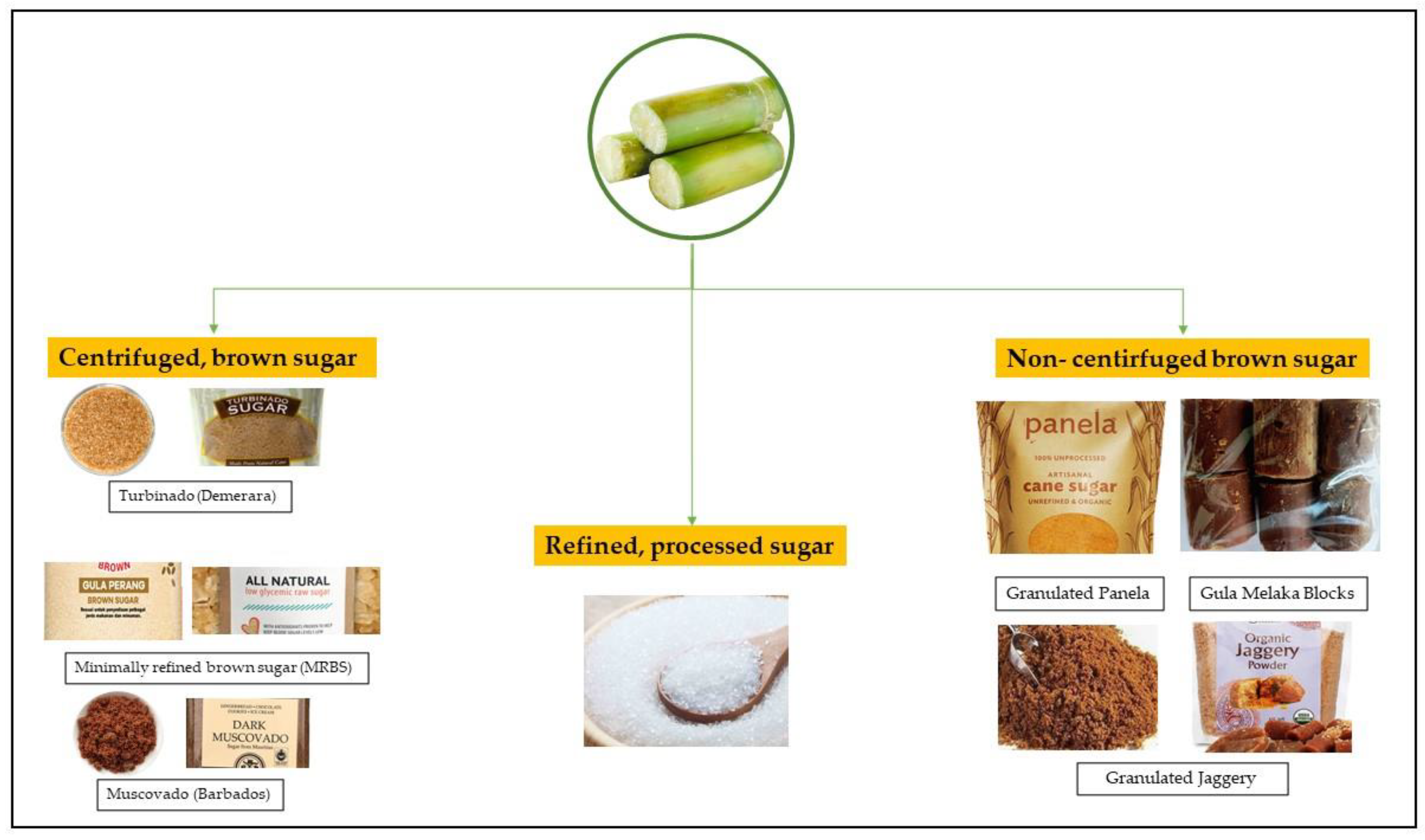Ten hidden truths you should know about sugar chemicals
Discovering the Fact About Sugar Chemicals and Their Function in Modern Diets
You could not realize how sugar chemicals influence your diet regimen and health. Concealed sugars in refined foods can increase your blood sugar, affecting everything from metabolic process to state of mind.
The Various Kinds Of Sugar Chemicals in Our Diet Regimens
When you take a closer appearance at the different sugar chemicals in your diet plan, you'll discover that not all sugars are created equal. They can be broadly classified into basic and complicated sugars.
Furthermore, sugar alcohols, such as xylitol and erythritol, offer sweet taste with less calories and much less effect on blood sugar level degrees, but they can create gastrointestinal issues if eaten over. Understanding these distinctions helps you make informed options about what fuels your body. By identifying the kinds of sugar chemicals you eat, you can much better manage your energy degrees and general health.
All-natural vs. Sweetening Agents: What's the Difference?
Understanding the kinds of sugar chemicals in your diet plan leads to a vital difference between all-natural and synthetic sugar. They're commonly used in low-calorie products to replace sugar while keeping sweetness.
While all-natural sugar can raise blood sugar levels, they normally do so extra slowly. Man-made sugar, in comparison, can be much sweeter than sugar, often leading you to crave more sugary foods.
The Influence of Sugar Chemicals on Metabolic Rate
When you consume sugar chemicals, they set off certain metabolic paths that can influence just how your body procedures power. You may see changes in your insulin response, which plays a necessary duty in managing blood sugar level degrees. Gradually, these results can lead to significant long-term health consequences, making it important to recognize what you're taking into your body.
Metabolic Pathways Explained
Although sugar chemicals might appear harmless in tiny amounts, their impact on metabolic process is profound and complicated. When you consume sugars, your body damages them down into sugar, which gas your cells. Extreme sugar intake can overwhelm this procedure.
Insulin Reaction Characteristics
As you consume sugar chemicals, your body sets off a fast insulin action to manage the influx of glucose in your bloodstream. When sugar enters your system, insulin assists move sugar right into your cells for power. If you're frequently consuming high quantities of sugar chemicals, your body may struggle to keep up.
Long-term Health And Wellness Consequences
While the prompt results of consuming sugar chemicals are usually recognizable, the lasting health consequences can be even more insidious. Over time, these chemicals can interrupt your metabolic rate, bring about insulin resistance and raised fat storage space. You could find that your body struggles to refine sugars properly, inevitably adding to weight gain and a greater danger of type 2 diabetic issues. In addition, chronic consumption can modify your intestine microbiome, impacting your general digestion and nutrient absorption. This inequality might leave you really feeling tired out and craving also extra sugar. By recognizing these long-lasting impacts, you can make even more enlightened options about your diet regimen and take positive steps to protect your metabolic wellness. It's never too late to begin focusing on whole foods over processed alternatives.
Sugar Chemicals and Their Impacts on State Of Mind and Habits
When you eat sugar chemicals, you may not understand how they can affect your mood and habits. These sugar can set off the launch of dopamine, developing a momentary sensation of pleasure and joy. This high is frequently adhered to by a crash, leaving you feeling cranky or distressed. You may discover that after a sweet treat, your energy levels surge, yet quickly plummet, impacting your emphasis and state of mind.

Hidden Sugars in Processed Foods: What to Try to find
When you examine dietary tags, you could be stunned by the amount of hidden sugars are lurking in processed foods. Familiarizing on your own with common sugar synonyms can aid you identify these stealthy ingredients. By remaining mindful, you can make far better selections for a much healthier diet regimen.
Typical Sugar Synonyms
Sugar lurks in lots of refined foods under different names, making it necessary for you to know what to look for. When scanning component listings, maintain an eye out for usual sugar synonyms like high-fructose corn syrup, walking stick sugar, and corn syrup. Do not forget concerning vaporized walking cane juice and fruit juice concentrates, which usually appear much healthier yet still contribute to your sugar intake.
Nutritional Label Understanding

Checking out dietary tags is vital for finding surprise sugars in refined foods. When you examine the components list, look for terms like high fructose corn syrup, walking cane sugar, and any syrup or sweetener. Pay focus to the complete sugars and added sugars sections on the label, as they give you a clear picture of what you're taking in.
The Role of Sugar Chemicals in Weight Administration
Although lots of people take pleasure in sweet deals with, the effect of sugar chemicals on Check This Out weight administration can be complicated and shocking. When you take in sweet foods, specifically those with added sugar chemicals, your visit this web-site body can respond in a different way than with natural sugars. These chemicals often cause fast spikes in blood glucose, which can set off yearnings and enhanced hunger. Therefore, you might discover on your own grabbing even more treats throughout the day.

It's vital to know just how these sugar chemicals function in your body. By comprehending their results, you can navigate your dietary choices a lot more successfully, inevitably supporting your weight administration objectives.
Making Educated Selections: Tips for Decreasing Sugar Consumption
Comprehending the results of sugar chemicals on your body can equip you to make much healthier dietary choices. Start by reviewing food tags-- try to find surprise sugars like high fructose corn syrup and cane sugar, which can creep right into your meals. When you're grocery shopping, select entire foods such as fruits, veggies, and grains rather than refined snacks.
Integrate natural sugar like honey or syrup in small amounts, and trying out seasonings like cinnamon to improve flavor without added sugar. If you consume sugary drinks, exchange them for water, natural teas, or carbonated water with a sprinkle of lemon.
Finally, remain conscious of portion dimensions when delighting in useful site treats. Reducing sugar isn't concerning deprivation; it's about making aware choices. By applying these pointers, you'll not only reduced your sugar intake but additionally boost your total wellness and well-being.
Regularly Asked Concerns
Can Sugar Chemicals Reason Long-Term Health Issue?
Yes, sugar chemicals can add to long-lasting illness. They're linked to excessive weight, diabetes mellitus, and heart problem (sugar chemicals). You need to be conscious of your intake and select much healthier choices to shield your general health
Are All Sugar Chemicals Equally Hazardous?

Just How Do Sugar Chemicals Affect Kid In Different Ways?
Sugar chemicals can affect youngsters extra extremely, influencing their energy degrees, mood, and actions. You could notice they experience hyperactivity or problem focusing, as their creating bodies react in different ways contrasted to adults when eating these materials.
Is There a Safe Quantity of Sugar Chemicals to Take In?
You can appreciate sugar chemicals in small amounts, however it's ideal to restrict intake. Excessive can lead to health and wellness problems. Constantly examine tags and go for a well balanced diet to keep overall health.
What Are the Signs And Symptoms of Sugar Chemical Intolerance?
If you have sugar chemical intolerance, you could experience signs and symptoms like bloating, headaches, tiredness, gastrointestinal concerns, or skin responses. It's crucial to take note of your body and get in touch with a health care professional for advice.